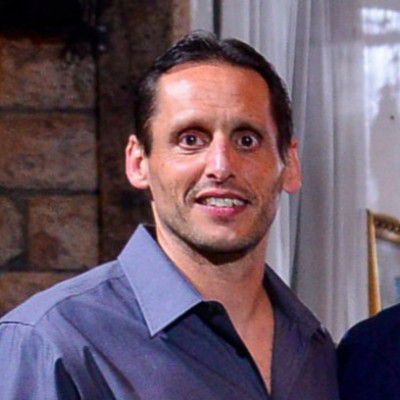The digital transformation in hospitals: gaps, trends, needs and more
- Featuring
- March 03 2025
- Duration 14:12
- Originally produced by Becker’s Healthcare Podcast
In this Becker’s Healthcare podcast, Elad Benjamin, Business Leader Clinical Data Services at Philips, explores key trends in digital transformation. Remote diagnosis and treatment have grown since the pandemic, benefiting patients who prefer to avoid hospitals and potentially reducing healthcare costs. However, challenges remain, including the complexity of home diagnostics and ensuring system connectivity and interoperability.

At-a-glance:
- The acceleration of healthcare technology and innovation is here to stay, particularly in the area of remote care.
- Hospitals and health systems are addressing staff shortages and increasing efficiency through the use of technology.
- Data integration and interoperability are key challenges in healthcare, but adherence to industry standards can help overcome these obstacles.
- To enhance their digital strategy, healthcare organizations should start with identifying clinical or operational gaps and work backwards to find innovative solutions.
To address staff shortages and improve efficiency, hospitals and health systems are turning to technology. Benjamin notes that by utilizing dashboards and monitoring systems, healthcare providers can effectively care for multiple patients simultaneously. Data analysis and alerts help prioritize patient care and ensure that the right patients receive attention at the right time. Interoperability also plays a crucial role in connecting different data sources and providing caregivers with the necessary information to make informed decisions, he says.
Benjamin acknowledges that data integration remains a challenge in healthcare. While standards like HL7 and FHIR have improved data movement between systems, not all systems are fully integrated. The adoption of industry standards and the willingness to share data are essential for achieving a truly interoperable ecosystem. Analytical tools, such as generative AI, are waiting to be utilized once data is readily available.
When it comes to innovation and enhancing digital strategies, Benjamin says healthcare organizations should focus on solving specific clinical or operational gaps. Starting with the problem and working backward to find innovative solutions ensures that the technology implemented addresses real needs and delivers value.
Looking ahead, Benjamin sees the future of healthcare operations and patient care as promising. The goal is to have quick and accurate diagnostic kits at home that can provide initial diagnoses and transmit data to remote caregivers. This streamlined process will greatly benefit patients and improve their overall experience with healthcare services.


